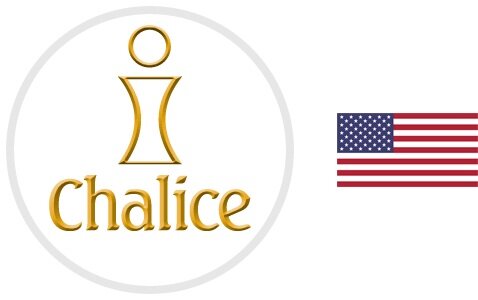TREMENDOUS TANKS HELP STUDENTS TAKE BIG STRIDES FORWARD
One of the communities our Meru site serves is Kangeta, whose population relies on small-scale agriculture and animal husbandry. But the amount of rainfall they receive each year classifies the region as “semi-arid.” This leads to water shortages and families needing to travel long distances in search of water.
The Meru site staff surveyed schools in their community where sponsored children attend. While most schools, and communities, struggle with clean water access, six schools stood out: Kangeta Day Secondary School, Ntuti Primary, Kandubai Primary, Irinda Primary, Keiya Primary, and Kiani Primary. Their total population of children and staff is 3439. Considered “low-resource” schools, the children are expected to bring water to school for drinking and cleaning.
“Over 3,000 pupils and students in six schools... had to waste about 20% of their valuable learning time to fetch water,” writes Francis, a member of the Meru site staff.
“Furthermore,” he adds, “the schools lacked enough clean and safe water that made it possible for waterborne diseases such as cholera and typhoid to spread.” The illnesses keep children home from school, placing them further behind in their studies. Children who struggle to catch up with their peers are at greater risk of dropping out and engaging in dangerous behaviors.
Therefore, the Meru sponsor site, through the support of Chalice donors, installed two 10,000L rainwater harvesting tanks in each of five schools, and one 10,000L water tank in a sixth school, for a total of 11 tanks.
“Meru site has made tremendous strides in improving the learning conditions of pupils and students in schools,” writes Francis. “Students can use their time to study rather than fetch water. Similarly, pupils and students can access safe drinking water and schools can use it to also prepare meals and clean classrooms.”
“In addition... schools with kitchen gardens can also use some of the water to irrigate their crops as part of agriculture class projects to enhance learning.”
On the day the tanks arrived at the schools, “all teachers, pupils, and students of the lucky school chanted songs of praise and gratitude for the good tidings Chalice had shared with their schools.”

